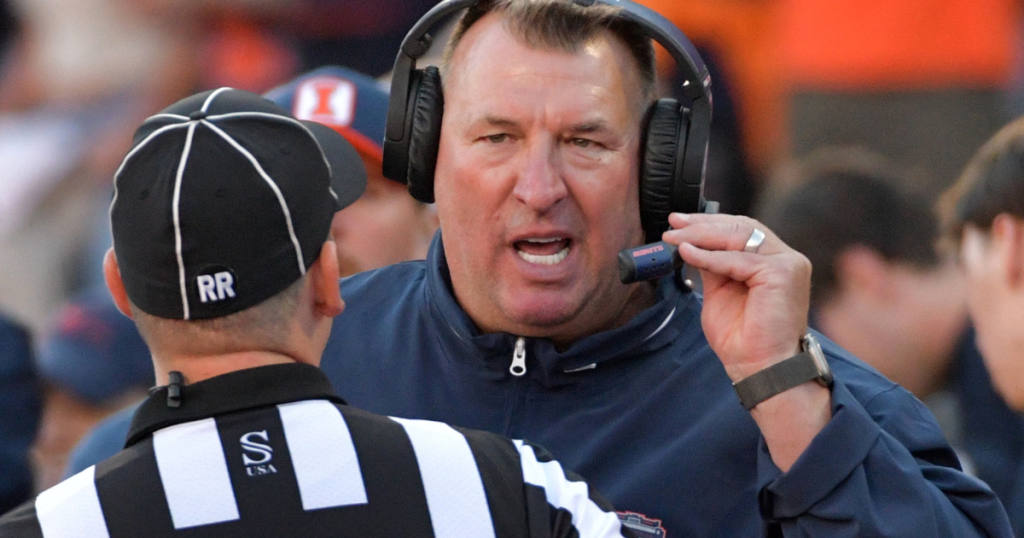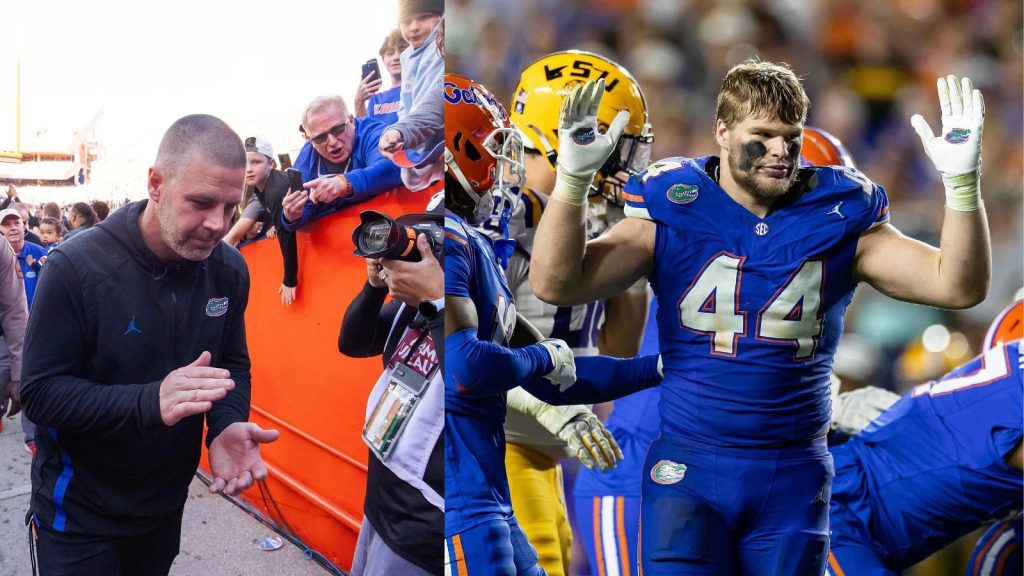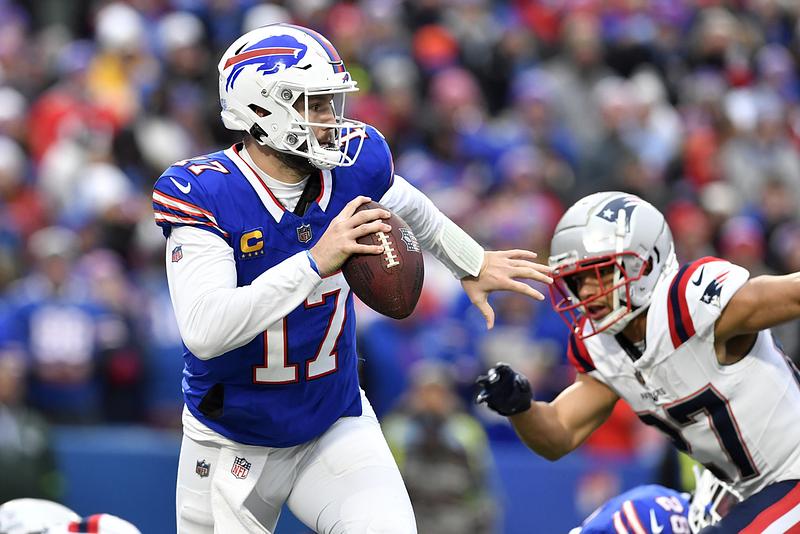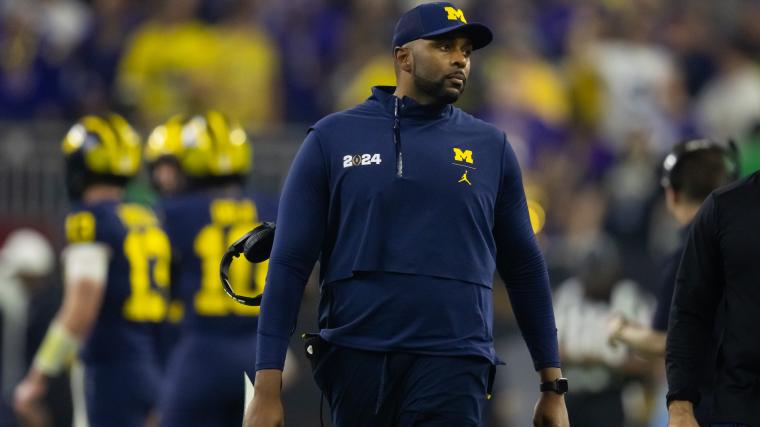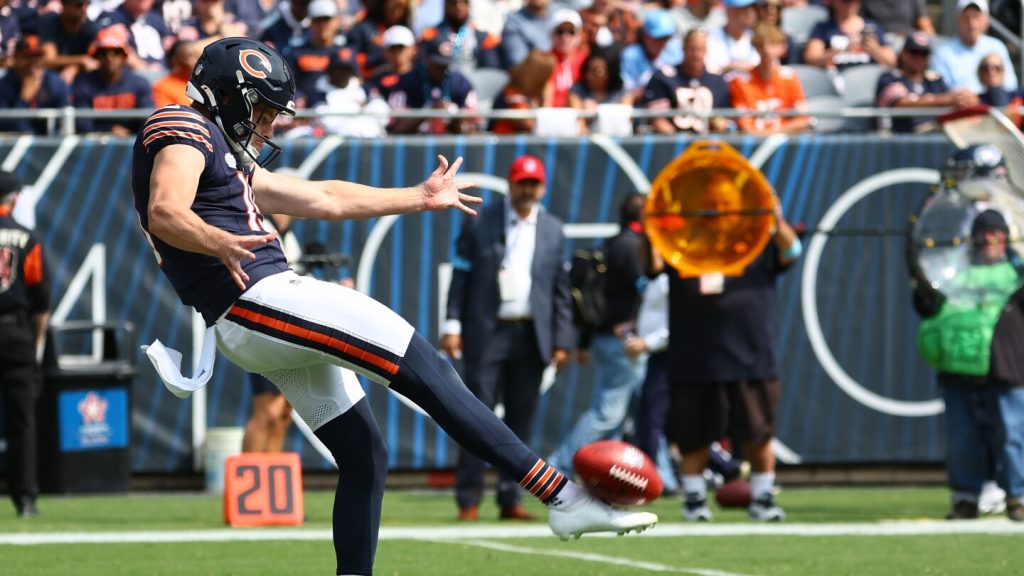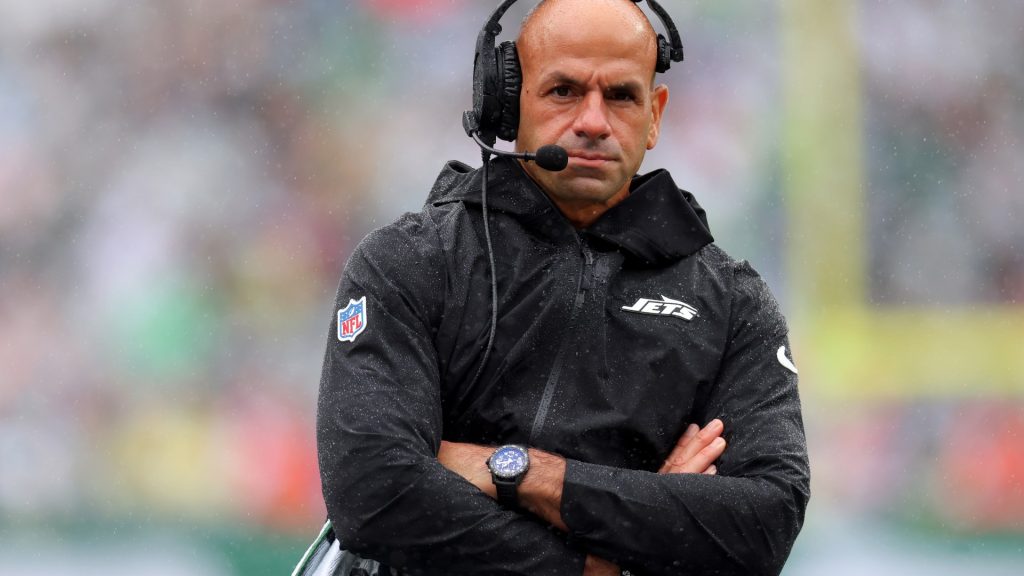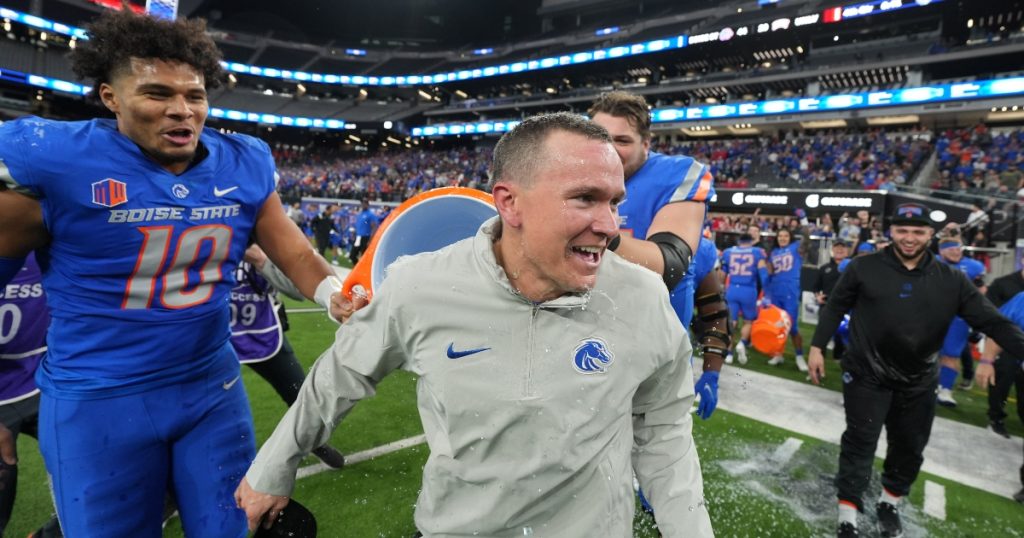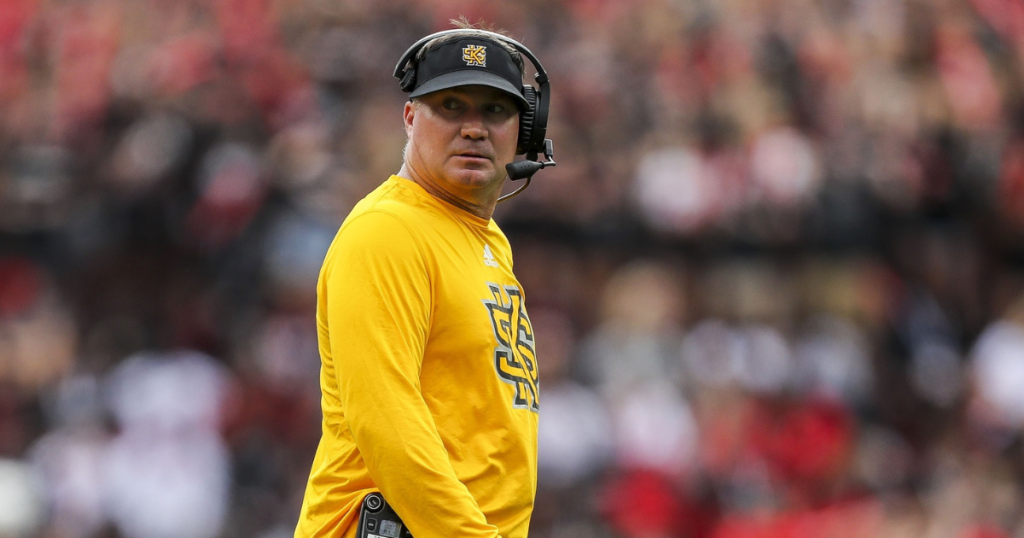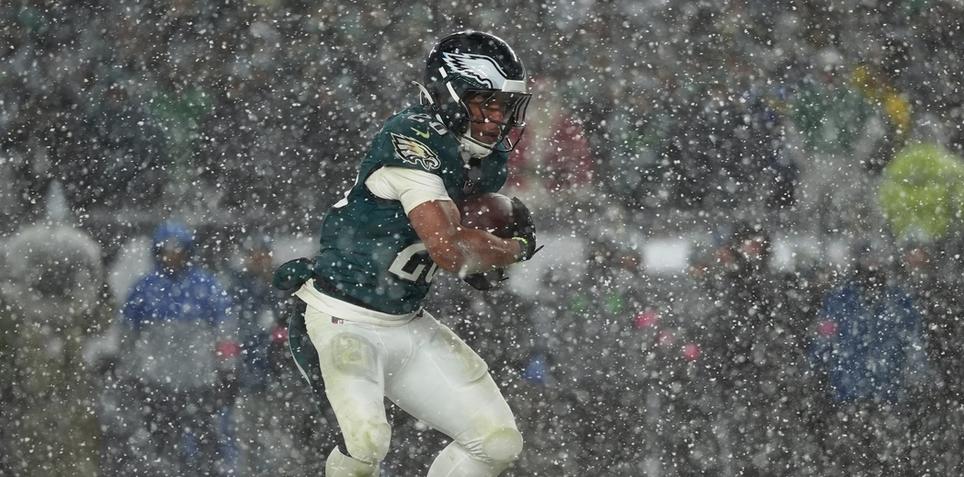Wide receivers rarely win the Heisman Trophy, and defensive players do it even less often. But when you combine those two roles, you get one of the most unique talents in college football history: Colorado’s Travis Hunter. This remarkable athlete has just made history by winning college football’s most prestigious award, fending off a fierce challenge from Boise State running back Ashton Jeanty and two other finalists, quarterbacks Dillon Gabriel and Cam Ward.
Hunter’s achievement is monumental. He is Colorado’s first Heisman winner in three decades, a feat that underscores the success of the school’s decision to hire Deion Sanders as head coach. Sanders, who played a pivotal role in Hunter’s recruitment, convinced him to flip his commitment from Florida State to FCS Jackson State three years ago. Hunter’s faith in Sanders has officially paid off, culminating in this unforgettable moment in New York.
Why Travis Hunter won the Heisman Trophy
In a race that featured such incredible talent, it almost felt like there was no wrong answer between Hunter and Jeanty. Jeanty delivered a jaw-dropping season with 2,497 rushing yards and 30 total touchdowns for a playoff-bound Boise State team, a performance that would have easily won the Heisman in many years. But voters often seek something extraordinary, something they haven’t seen before.
While many players have dabbled in playing both sides of the ball, like Jabrill Peppers and Myles Jack, none have come close to what Hunter accomplished this season. His versatility and impact were undeniable. Hunter’s stardom extended far beyond his snap count, as he played a staggering 709 offensive and 713 defensive snaps, averaging 118 per game. It’s not just about the quantity, though; it’s about the quality of his performance.
As a receiver, Hunter was a force to be reckoned with. His 1,152 receiving yards ranked sixth in the nation and third among the Power Four conferences. He trailed only Arizona’s Tetairoa McMillan and Iowa State’s Jayden Higgins in total yards but outshone them with 14 touchdown receptions, leading all Power Four players. Remarkably, he achieved this despite missing parts of two games due to injury.
While there may not have been a standout wide receiver like DeVonta Smith this season—who won the Heisman in 2020 with 1,856 yards and 23 touchdowns—Hunter still managed to put together one of the best receiving seasons in the country. He did this while also excelling as a cornerback, showcasing his remarkable athleticism and skill.
Defensive Dominance
Hunter’s defensive play truly set him apart in the Heisman race. He posted an impressive 90.5 overall Pro Football Focus grade as a cornerback, holding opposing quarterbacks to a mere 42.0 passer rating when targeted. He snagged four interceptions and led all Big 12 defenders with 11 pass deflections, with only one Power Four player finishing the season with more. This dual-threat capability made his Heisman case nearly impossible to ignore.
Interestingly, Colorado’s 9-3 season, which did not include a playoff berth or a trip to the Big 12 championship game, could have been a factor against Hunter. However, recent Heisman voting trends suggest that the individual player’s performance is becoming increasingly significant, overshadowing the team’s overall success.
Just look at the past two years: Caleb Williams won the award in 2022 despite his team losing the Pac-12 title game, and Jayden Daniels took home the trophy last season with LSU’s 9-3 record. These results indicate that Hunter’s three losses likely wouldn’t be enough to sway voters against him.
Travis Hunter’s stats
To truly appreciate Hunter’s achievement, let’s take a closer look at his impressive statistics:
| Games | 12 |
| Receptions | 92 |
| Receiving yards | 1,152 |
| Receiving TDs | 14 |
| Yards per reception | 12.5 |
| Yards per game | 96.0 |
| Interceptions | 4 |
| Pass deflections | 11 |
| Forced fumbles | 1 |
Colorado Heisman Trophy winners
Hunter’s victory places him in an elite group as the second Heisman Trophy winner in Colorado’s history, joining the late Rashaan Salaam, who earned the award exactly 30 years ago in 1994. This milestone not only highlights Hunter’s individual brilliance but also signifies a new era for Colorado football under Deion Sanders.
It’s fair to say that Hunter’s Heisman win is a testament to his exceptional talent and hard work. His combination of outstanding production as a wide receiver and stellar play as a cornerback created a compelling case that voters simply could not overlook. This remarkable achievement has sparked a celebration in Boulder, and college football fans everywhere are eager to see what the future holds for this extraordinary player.

















